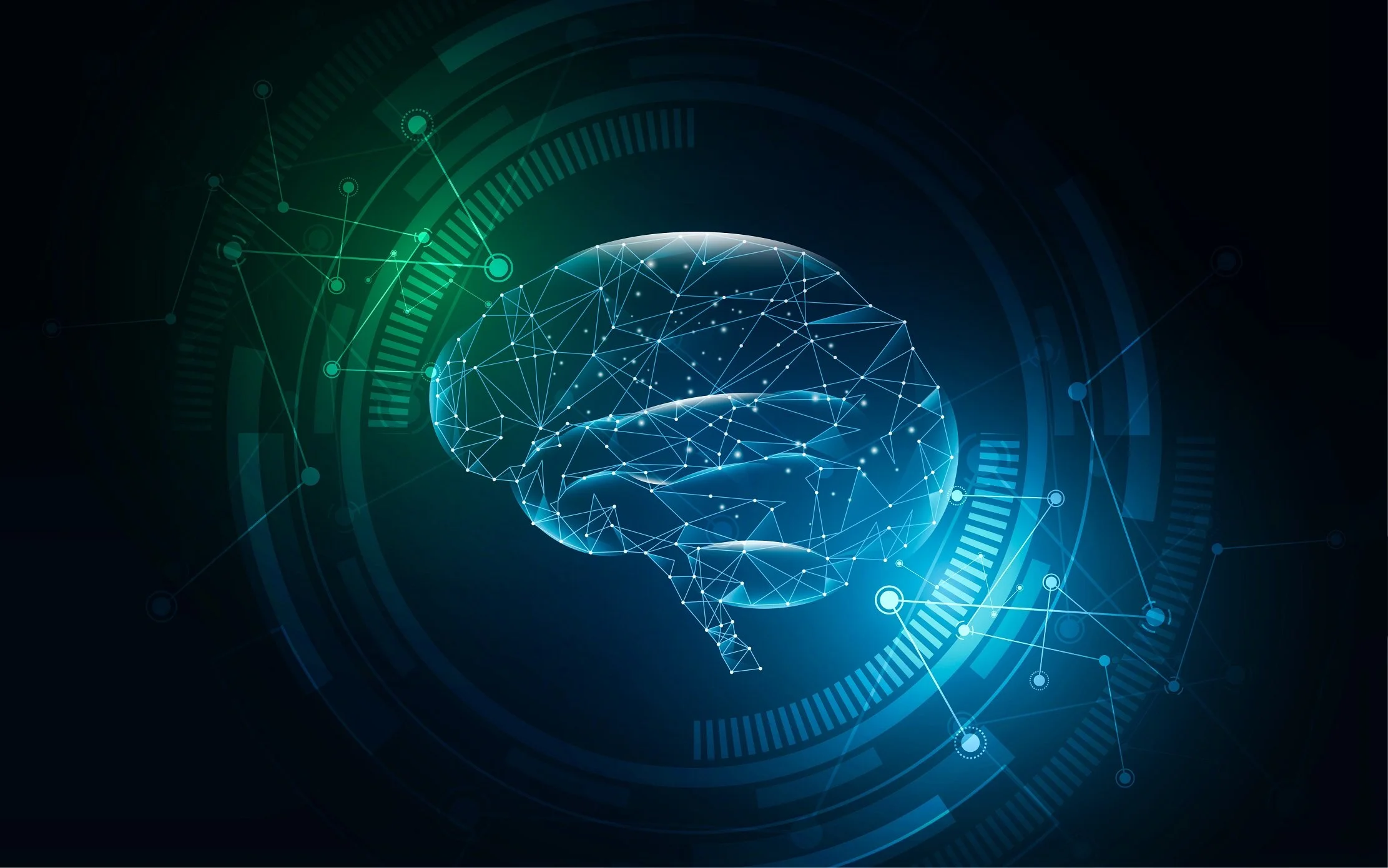here are many commonly-held misconceptions about how our brain works and how we learn. A catchy example is perhaps the belief that some of us are right-brained and others left-brained, where left-brained people are supposed to be better at mathematics while left-brained people are more creative. These misconceptions are sometimes referred to as 'neuromyths.'
The way you sleep could predict the onset of Alzheimer's Disease
Can ageing really be ‘treated’ or ‘cured’? An evolutionary biologist explains
There might be more rogue planets than stars in the Milky Way
New highly sensitive microtracer technology allows for faster drug development and reduces/replaces the need for animal testing
Remnants of a mysterious forgotten globular cluster discovered on the outskirts of the Milky Way
Bio-inks are the key to amazing new medical applications for 3D printing
How brains do what they do is more complex than what anatomy on its own suggests
The brain has always been a fascinating subject to scientists, as countless studies are done each year. However, how the brain works exactly mostly remains a mystery to this day. In this article professor of electrical engineering and bioengineering, Salvatore Domenic Morgera explains his insights and views on one particular conundrum within the enigma that is our brain, namely the relationship between the brain’s physical structure and its functionality.
First-ever direct photo of multiple planetary system around a sun-like star
Scientists unraveled the mystery of why unicellular organisms light up our coastlines
Scientists discover that there is much more metal on the Moon than previously thought
Four things you didn’t know about nuclear waste
Research reveals that baby planets are born in 'the blink of an eye'
Researchers plan investigate how well humans deal with the lack of physical connection we are currently experiencing
We are currently experiencing unique circumstances. Never before has such a diverse group of people (rich, poor, old, young, happy, unhappy, healthy, unhealthy male, female, etc.) been confronted with a prolonged deficit of physical contact. What are the effects of this phenomenon on our mental well being? Researchers aim to answer this question in a new study.


















